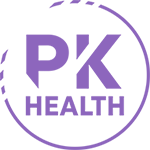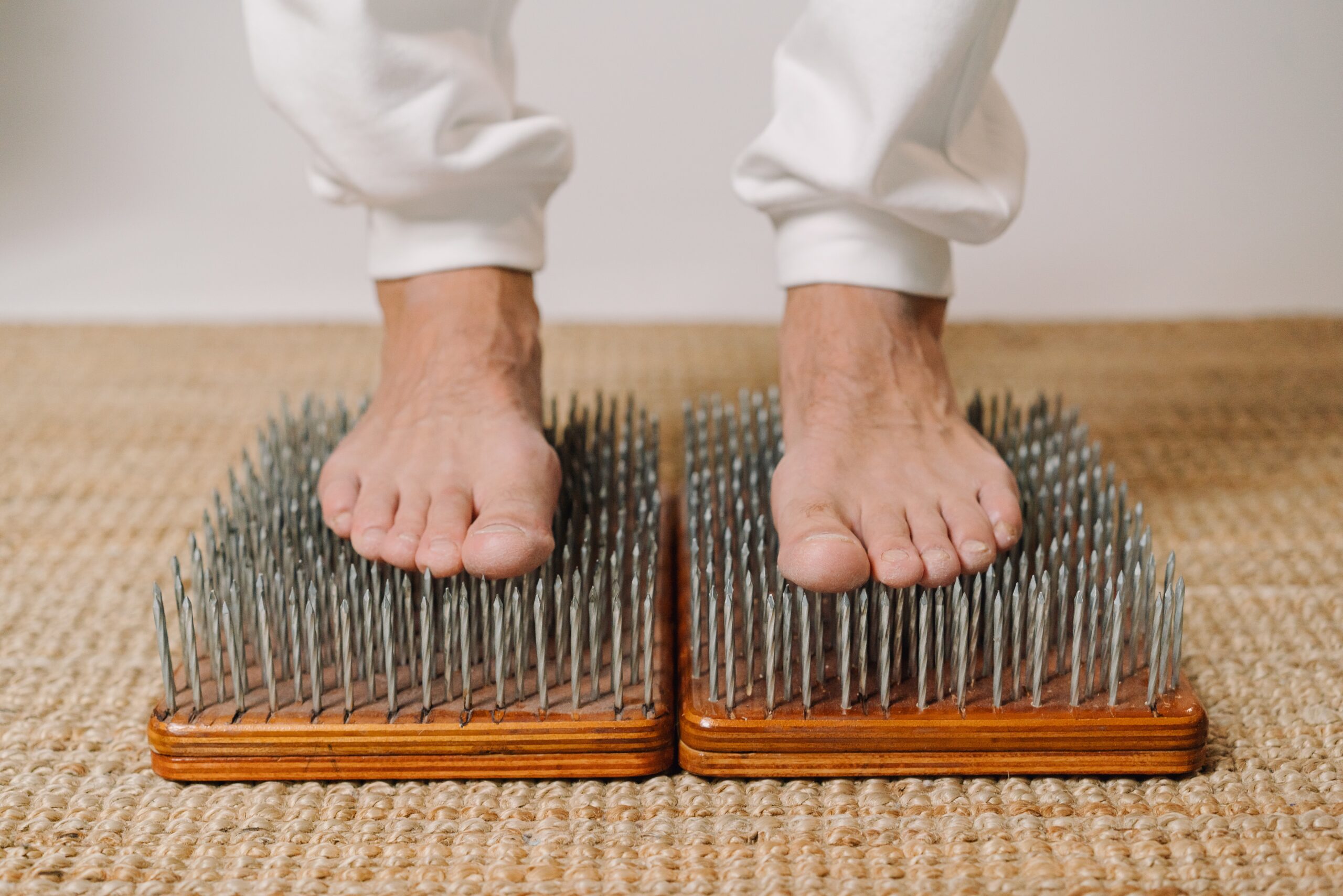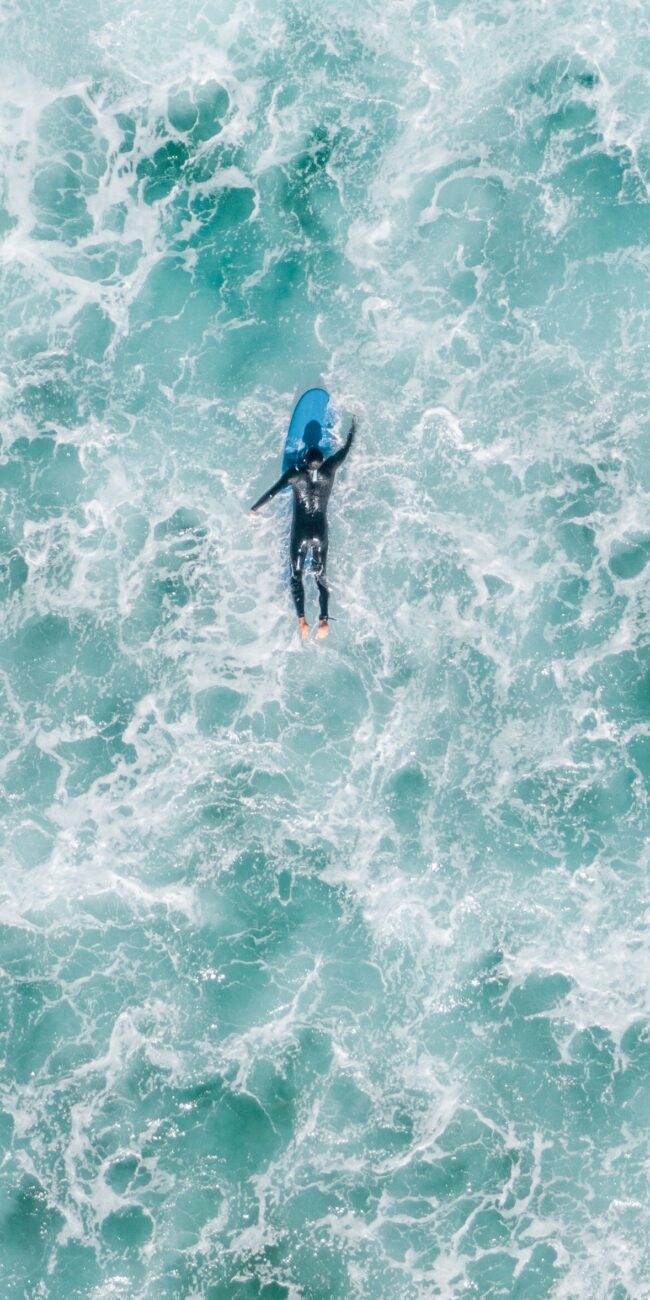
2020 swept me into a violent, exhilarating hurricane of growth and productivity. All of this culminated in the busiest month of the year in December. While the world was fulfilling the quasi-religious societal expectation of relaxation and gluttony, I was pushing to finish strong. Really strong – like this guy.
It’s January 12th now. I’m foooooooking exhausted. So next week I’m planning to take 4 half-days off in the middle of the work week. To show a little more compassion to myself, which historically I’ve been horrible at. To shore up my mental health and create space for self reflection. And most importantly, I’m taking the rest so that I can bounce back as a better and more energized coach for the wonderful people I serve.
We live in a culture that values aimless productivity, even at the expense of mental health and physiological recovery. You get a pat on the back for consistently crushing 12-hour workdays, even though you’ve secretly had five mental breakdowns in the last year. You get clout off of taking #nodaysoff and working yourself into a state of chronic pain (is it mental or physical, who knows? because you’re so focused on your work you don’t even possess the basic self-awareness to tell the difference!)
STOP! Enough is enough. Rest is incredibly important for sustained health. It’s an essential but oftentimes overlooked step that can exponentially boost your ability to perform at work, and feel good doing it. So if you suck at taking rest, I’ve written this for you. Below, we’ll go over the who, what, when, where, why, and how of getting some good old fashioned R&R! This is the User’s Guide to Rest.
WHO SHOULD REST?
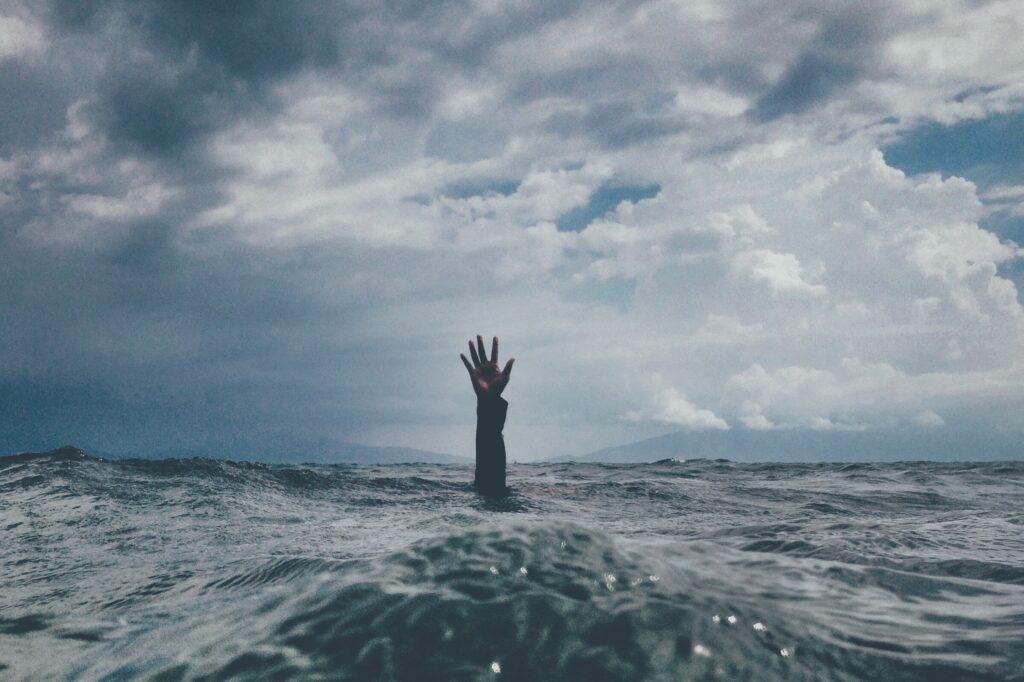
Everyone. But especially high-strung, type-A savages who find it easier to dive headfirst into a pool of concrete than it is to sit quietly and meditate for 20 minutes. I’d like to share something I wrote in my journal a few days ago that illustrates the mentality of someone who has a hard time getting enough rest: “You’re not a martyr. So stop nailing yourself to your self created career-cross just because your self-worth is (incorrectly) rooted in your ability to grind and hustle. Also, you’re not Jesus. You’re Chinese, and your hair is too short.”
WHEN SHOULD YOU REST? (WARNING SIGNS AND SYMPTOMS)
Although it’s not exhaustive (pun intended), have a look at the following list. The presence of three or more warning signs might indicate that you, dear internet friend, might need to take some time off:
- You have trouble breathing, as if your chest and neck are constricted.
- You feel unreasonably fatigued throughout the day.
- You experience aches, pains, and other signs of chronic inflammation.
- (It’s beginning to look like a COVID-19 symptoms list. It’s not, lolz.)
- Your gut health is off. You frequently experience poor digestion, bloating, and/or heartburn.
- You experience mood swings.
- Your libido is significantly reduced, if not nonexistent.
- You’re beginning to rely on stimulants like caffeine or nicotine to get through the day.
- You succumb to illness and infection more frequently, and it takes you longer than normal to recover from them.
- You look in the mirror and see the personification of exhaustion staring back at you (e.g. bloodshot eyes, eyebags, breakouts, dry lips, etc.)
WHY SHOULD YOU REST?
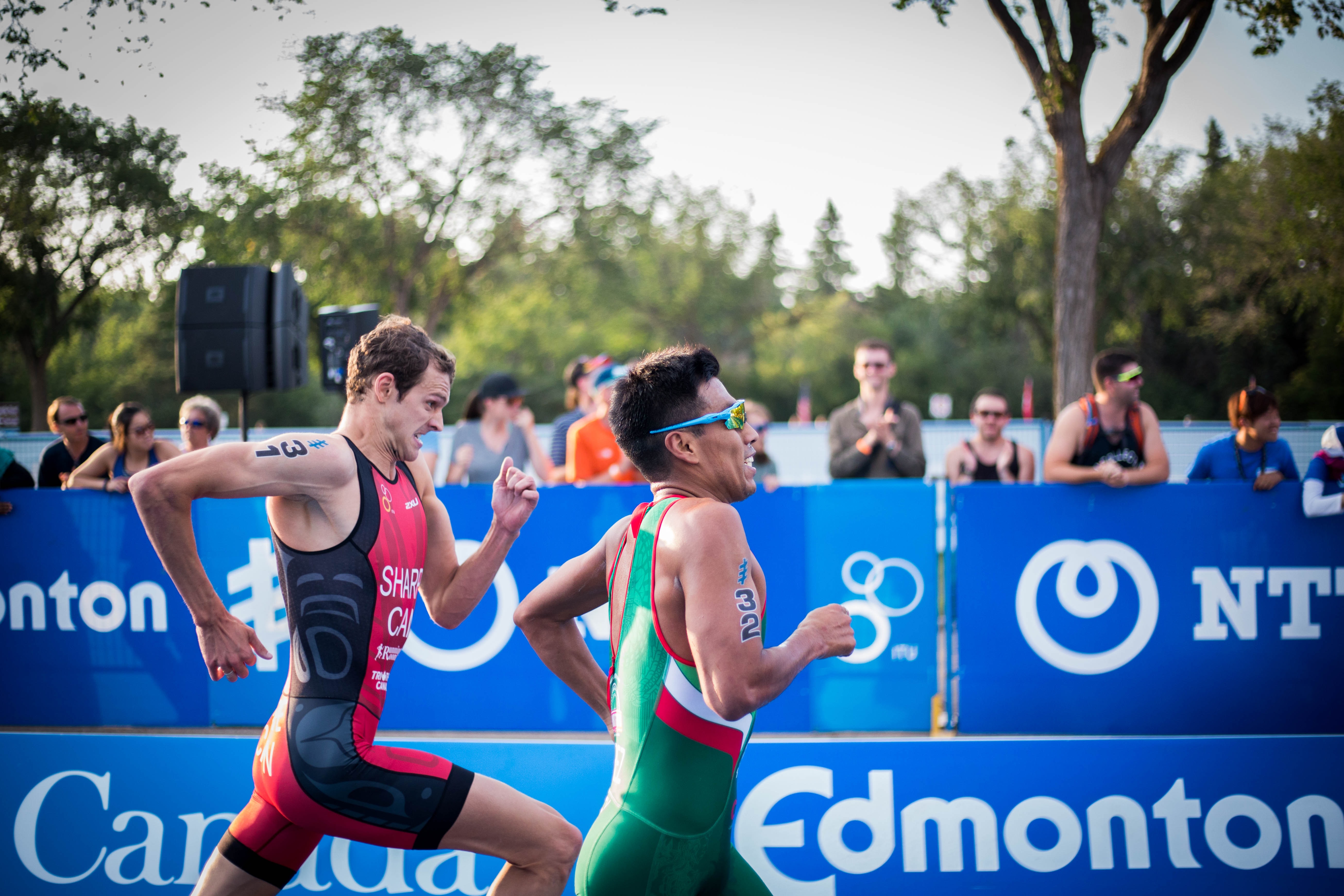
Because it’s a necessary component of biological function. Stress the organism, let the organism rest, watch the organism come back stronger. Rest allows you to become a better friend, family member, coach, teacher, emergency worker, and entrepreneur – it allows you to become a better person. Rest helps you act more kindly to others. More importantly, it’s an act of kindness to yourself! In essence, rest is an act of self-compassion, and it ultimately allows you to be more effective in your ability to help others.
WHAT IS REST?
Most people have no clue what real, quality rest entails. Here’s what rest is not:
- Vegetating on the couch.
- Netflix (strap an HRV or HR monitor on you and watch the physiological markers of non-rest go through the roof when you’re watching trash television!)
- Drug abuse (not use, abuse; fine line, important distinction)
- Gluttony.
- Unconsciously scrolling through social media feeds.
Now don’t get me wrong, you can absolutely engage in the aforementioned behaviours during your time off. It’s your life. But if you want potent, effective rest and recovery, here’s what it might look like:
- Self-reflection. Stillness.
- Daily physical activity. Not hard exercise. Light, playful physical activity.
- Nutrition. Limiting sugar and processed foods. Prioritizing water, vegetables, and home-cooked goodness.
- Sleep. Eight or more hours every night. Maybe even a nap if you wanna get crazy with it.
- Social interaction. Hugs and cuddles. Deep belly laughter with your friends and family.
WHERE SHOULD YOU REST?
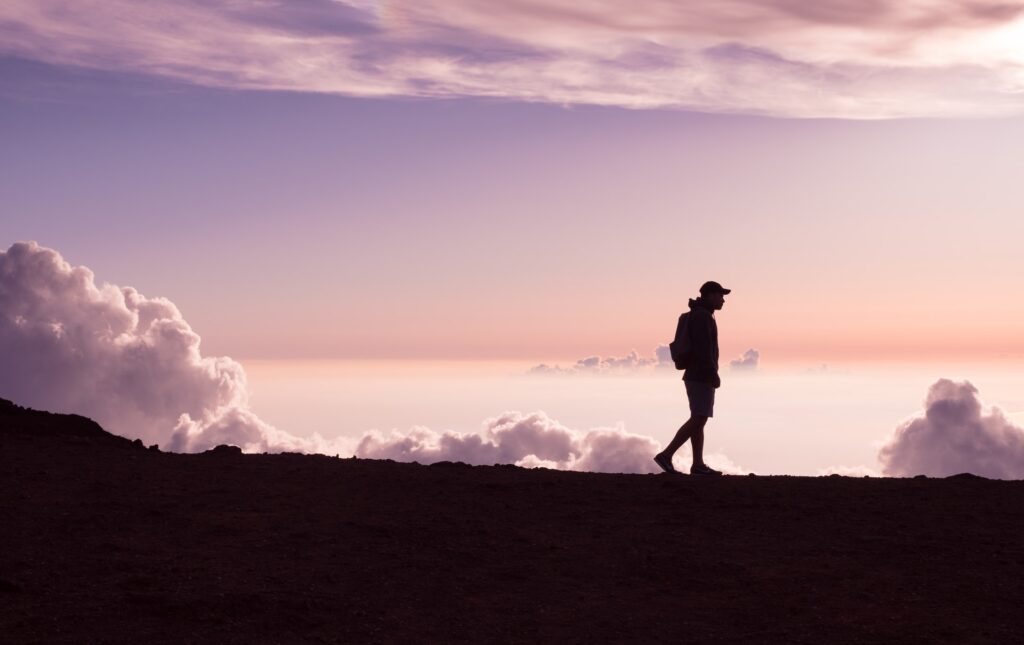
You should be in bed, sleeping. After your 8+ hours, you should aim to get away from all of your ADHD rectangles (i.e. TV, phone, computer, tablet) – you own them, not the other way around. Go outside, remember that place? That ever-present but often-neglected playground where physical activity is spontaneous, fresh air is abundant, and stillness can be found.
HOW TO FOLLOW THROUGH WITH YOUR PLANS FOR REST.
Block out the time in your calendar and protect it with your life. All too often, we make plans in the back of our head to one day take a week off after X, X, and Z have been accomplished. But if we fail to put a concrete date on that hypothetical week off, then X, Y, and Z will quickly turn into the entire English, Arabic, and Chinese alphabet. So do yourself a favour and set a strict calendar date on your rest, otherwise you’ll never take it. ALSO, keep in mind that there’s no need to explain yourself, it’s not healthy. Be like Dave Chapelle when he dipped out to Africa.
In summary, the message is simple: Rest is important, especially in our society where FOMO, #grind mentality, and self-loathing come together to form a systemic mental health shitstorm. Take rest when you need it, but be deliberate in the way you do it. And if you have any questions, or if you’re ready to start taking ownership of your own health and performance, then please don’t hesitate to reach out. I’d love nothing more than to help you achieve your goals. But not during January 19-22. I’ll be resting.
Pat Koo
BKin, CSCS
